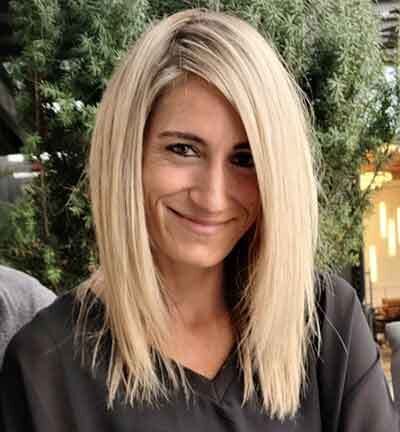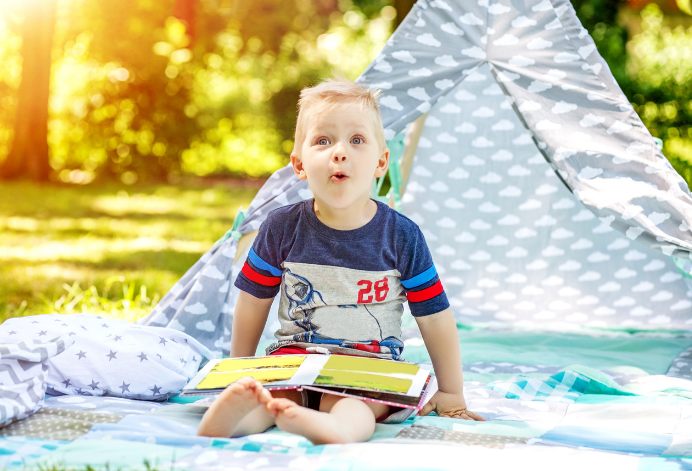
We want our kids to develop it, we have oodles of it to offer our children, family, and friends, but are
we parents, open to receiving empathy?
A senior psychology instructor at Oregon State University, Campus Coordinator of the e-campus, and mom to a 6-year-old son are just a few of the many roles Dr. Kristen Yax plays in our Central Oregon community. Between busy semesters and pandemic readjustments, she sat down with us to share insightful nuggets about parenting, empathy, and self-care.
“I think that one of the things I've learned the most is the power of empathy in parenting. Both providing it to others when they need it, and also receiving it.” As Dr. Yax described her own challenges with post-partum depression, she shared how “It can be a really freeing feeling once we let those walls down and know that ‘Okay I have somebody I can talk to about this’ or ‘I'm not alone’ or ‘This isn't just a me thing and me problem.’” You’re a parent or a caregiver, so you probably dole out empathy left and right, but consider: Are you open to receiving empathy?
Maybe not, maybe it feels a little self-centered to lean into support and kind words when you know about the challenges others face. But, Dr. Yax asks us to reframe how we think about taking care of ourselves. Yes, we’re talking about self-care again...but with a twist!
It might seem straight forward, but according to Dr. Yax, just as engaging in self-care has a positive impact on our mental health, not taking time to do activities for yourself can have a negative impact on our mental health. So, when we don’t do those activities we love, that feed our inner-selves, our mental health doesn’t just stay put at “not great, but fine.” Rather, just as the frequency of self-care declines, so too does our mental health. The first time you take 20 minutes to go on a solo walk (or play music, or call a friend) might induce guilt, but Dr. Yax tells us to stick with it because in the long run, those 20 minutes won’t just benefit you, but also your entire family. You’ll feel happier, more grounded in the person you are besides a parent, and model healthy self-regulating behaviors for your child.
Your child learns how to talk, when to laugh, how to share, and how to love from you. They also look to you to learn how to take care of themselves. Whether you play a song that makes you happy, go for a walk, sit in the sun, shower extra-long, or whichever activities fill your cup, try explaining to your child not only what you are doing, but also why so your child knows that self-care is important to you, your family, and to them!


